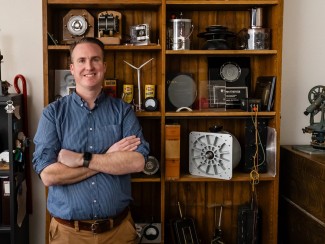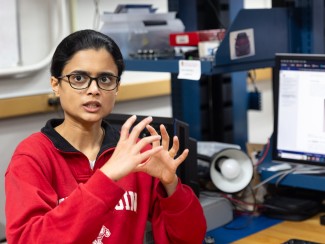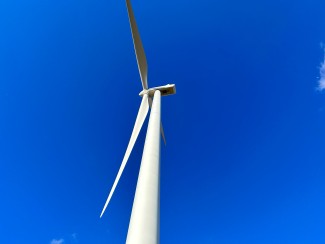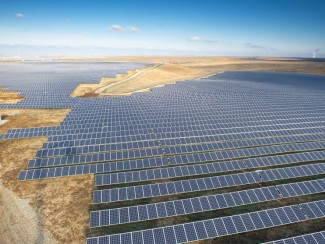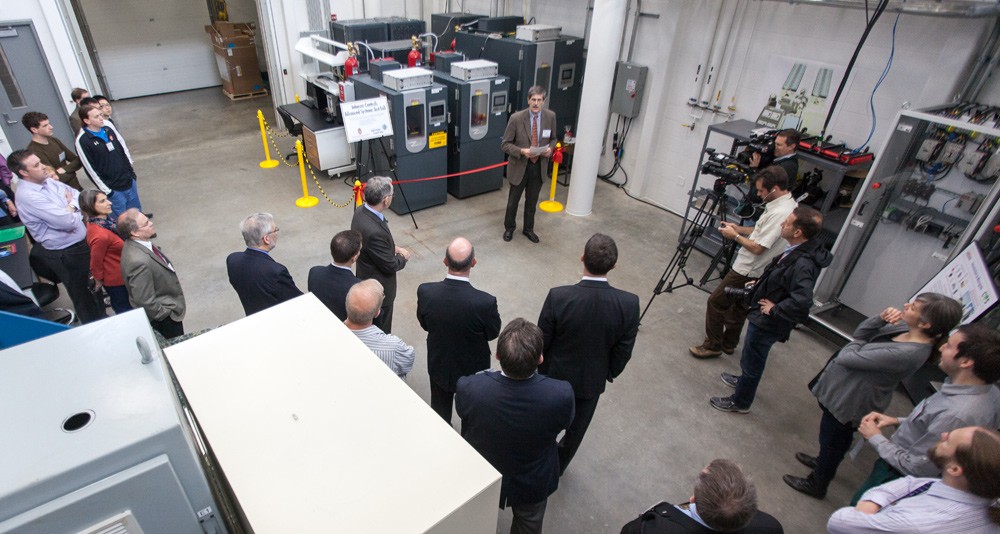
On May 5, 2014, the Wisconsin Energy Institute (WEI) at the University of Wisconsin-Madison unveiled its newest laboratory. UW researchers will use the Advanced Systems Test Lab, which features equipment donated by Johnson Controls, to collaborate with industry scientists in developing the future of energy storage technology and vehicle battery systems.
"We deeply appreciate Johnson Controls’ generosity in making this suite of battery test equipment available to faculty, students, and other researchers at UW-Madison,” said Mike Corradini, WEI director. “The availability of this valuable new resource represents a significant milestone in our pursuit of integrated clean energy systems and cutting-edge storage technology at the university."
At the University of Wisconsin-Milwaukee’s Energy Advancement Center, university researchers are also collaborating with Johnson Controls scientists to develop new energy storage materials. The Advanced Systems Test Lab at UW-Madison is designed in part to test the work of Milwaukee researchers, picking up where their electrochemical research leaves off. UW-Milwaukee’s energy storage materials can be used to create cells, clustered to form batteries and then tested in Madison.
“Taking the next step and moving beyond the electrochemistry of a single battery creates a whole new variety of issues. How will these batteries behave together? What can we do to improve that?“ said Professor Tom Jahns, UW-Madison professor of electrical and computer engineering. “It’s no longer a materials problem, but a systems problem.”
UW-Madison researchers will explore how to manage, track and optimize these battery systems to ensure better performance over their entire life cycle. They will look at how batteries behave while drawing or charging with constant currents, or, in the case of vehicle batteries, how they react to drawing constantly changing currents as would be the case while driving.
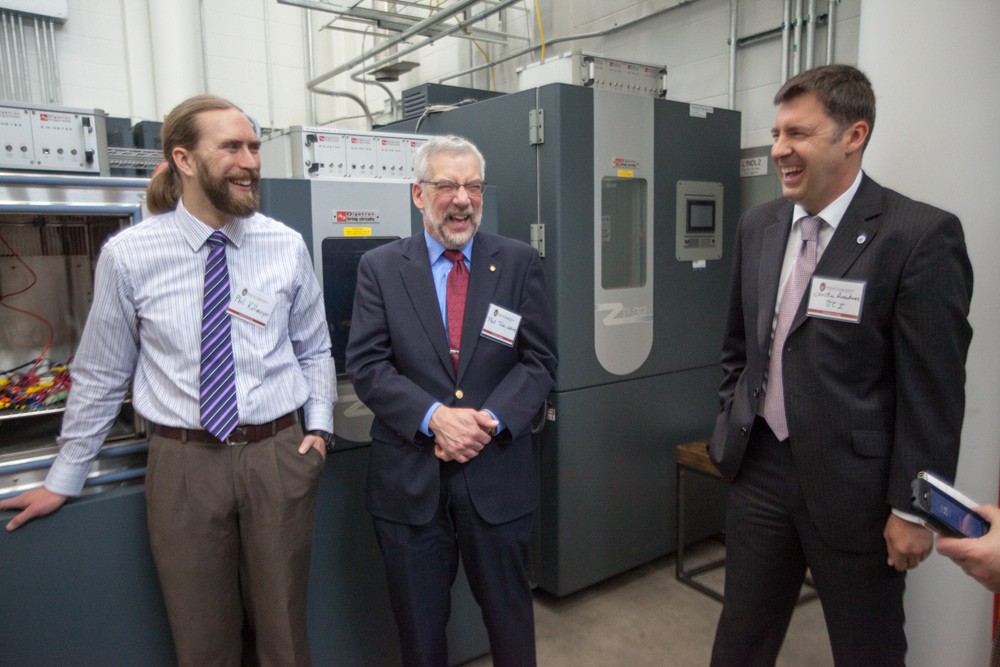
“The nice thing about bringing this equipment to the Wisconsin Energy Institute and UW-Madison is that we already have electric vehicles at our disposal that have integrated monitoring and tracking sensors,” said Phil Kollmeyer, UW-Madison graduate student. “We can use those vehicles to model and simulate a drive cycle, essentially recreating real-world conditions where we can then test newly designed individual cells or a battery pack in a safe, experimental environment.”
“The equipment will also provide a very valuable learning experience, giving students the opportunity to work on similar state-of-the-art equipment that they may encounter in their professional lives,” Jahns said.
The Advanced Systems Test Lab is housed within the Wisconsin Energy Institute’s unique high-bay area, an expansive room that gives UW-Madison researchers the space and flexibility to explore integrated energy systems, including electric vehicles and microgrid technology— a small energy system designed to provide electricity and, sometimes, heat to a single building or neighborhood.
“What we have to do here is peer into the crystal ball and find out what the future of the electric grid can look like, where electric vehicles fit and how to better store energy,” Jahns said. “In some cases, what we do in this lab is going to shape that future.”

